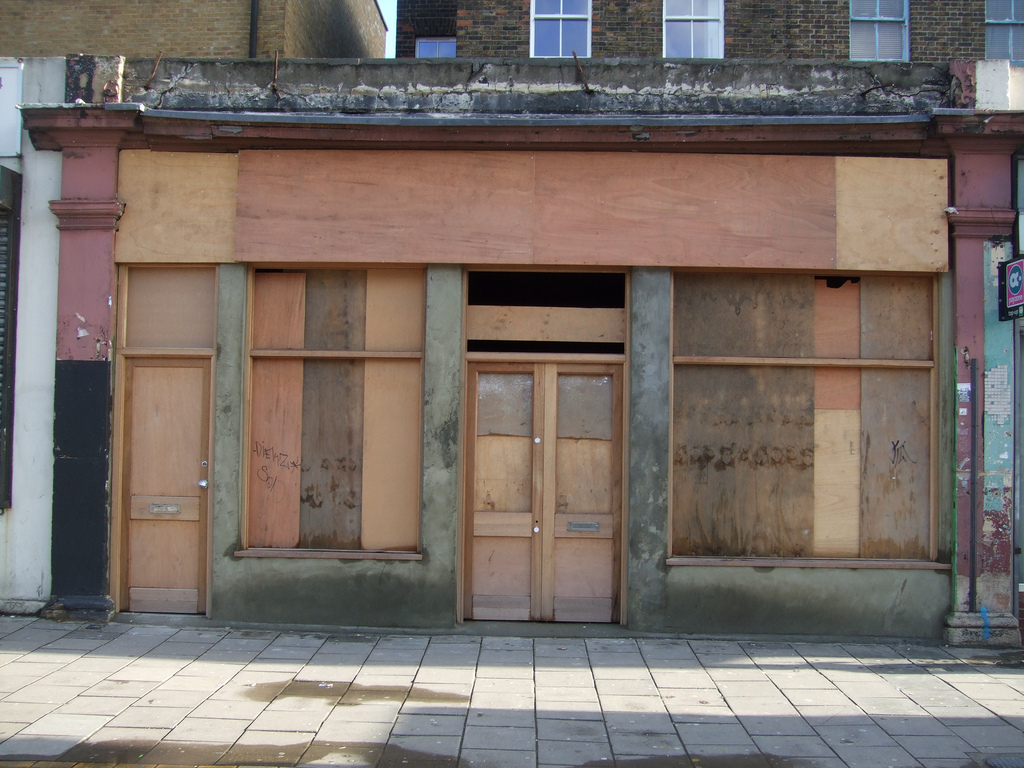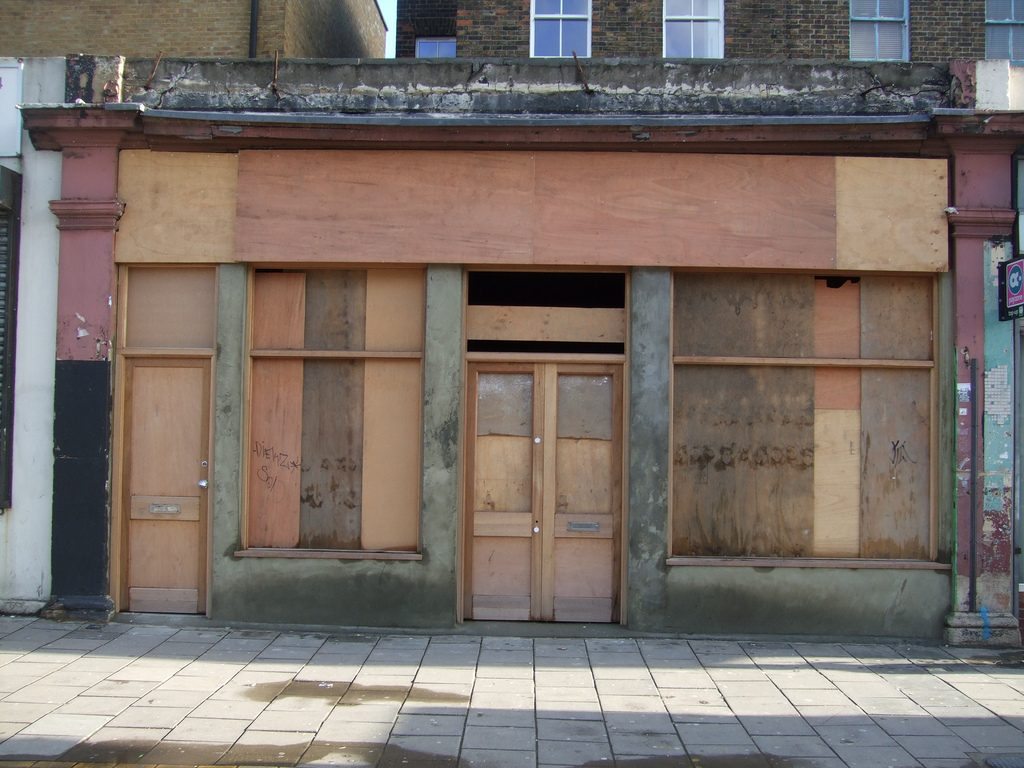GlobeImmune Inc (OTCMKTS:GBIM) shareholders did not have a good week last week. The company put out a press release outlining its latest developments, and things aren’t looking good.
Basically, the company is shutting its doors.
GlobImmune stock went from just shy of a dollar a share mid week to where it now sits at $0.40, a 60% decline in a matter of days, and it doesn’t look like there’s any degree of recovery on the cards. So, what’s now for shareholders? Is this just a case of price to zero and chalk up as a loss, or is there any asset value worth holding on for? Let’s take a look.
First a bit of background.
GlobeImmune has been one of the most eagerly followed stocks at this end of the biotech space for the last few years. The company has chalked up a number of big name collaborations with the likes of Celgene Corporation (NASDAQ:CELG) and Gilead Sciences, Inc. (NASDAQ:GILD), and up until recently, its pipeline looked like one of the more robust in its market cap spectrum.
So what happened?
Well, the lead of this pipeline, a drug called GS-4774, was under investigation as part of a mid stage program in collaboration with the above mentioned Gilead. It’s a hepatitis B drug, which – if successful in reaching commercialization – has the potential to be a blockbuster in the space.
Early stage data looked good, and when Gilead came on board, markets couldn’t get enough of the company. Mid 2014, GlobeImmune traded for just shy of $15 a pop. Just ahead of a data release for the drug, the company had declined in line with wider markets, but still went for just shy of $10 a share.
Then, data hit suggesting GS-4774 didn’t work as well as first thought, if at all, and the company flopped. Ever since, it’s been trending to the downside, with a few spikes here and there serving as a cushion (it now seems) for the shorts to unload into.
There was still hope, however, that a big name would swoop in and take the company under its wing. Now, that looks like a pipe dream. Which brings us to the latest release. It was short and sweet, and couldn’t really have been more to the point without the company just reporting that it’s calling it a day.
The key points are as follows:
- Gilead has returned the rights to 4774 to GlobeImmune.
- GlobeImmune has shuttered its office.
- The company is no longer going to file anything with the SEC, or put out any more business updates.
- Its management team has resigned, and there’s a now unfilled CEO position.
- Dekker, a CPA by profession, has taken over as president, secretary and treasurer.
So what’s next?
Well, if Chapter 7 didn’t follow these actions closely, we’d be very surprised. The company didn’t put out any recent numbers, so the latest figures are not that reliable when it comes to figuring out if there’s any value on its books. Office, lab and equipment was largely (if not totally) under lease, so there’s no liquidation value there.
That said, the pipeline remains, and we may see an offloading of the assets that comprise this pipeline as part of any liquidation proceedings. Again, exactly what these are worth (given that the lead has proven to be ineffective as part of its Gilead collab) remains unclear. The Celgene asset is probably the most interesting, as the latter may pick this up and fold it into its own pipeline.
Looking at our initial question, is there any asset value worth holding on for, the answer is probably not. There have been numerous instances of shareholders getting burned holding on to Q stocks over the last year or so, with the latest such example being the Republic Airways Holdings Inc. (OTCMKTS:RJETQ) situation. Republic just emerged from Chapter 11, looking better positioned for growth than ever before. However, as a result of its proceedings, current shares are being cancelled and replaced with a fresh batch. In other words, shareholders got nothing. We wouldn’t be surprised to see GlobeImmune enter bankruptcy, and some holders cling on in the hope of picking up a portion of the asset liquidation. Some may even pick up a fresh exposure on a Q play.
Republic just highlighted the risk of these sorts of plays.

